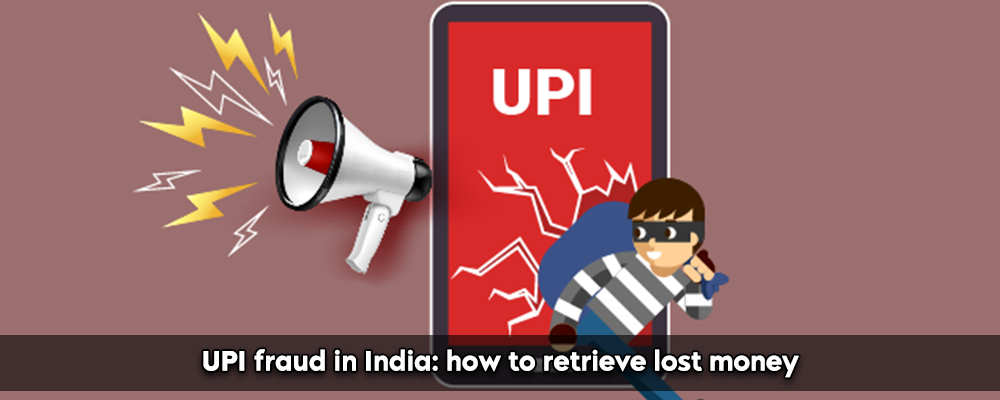People can use their cellphones to send money directly to bank accounts at any time thanks to the Unified Payments Interface (UPI). This payment option has been the preferred choice for most people and has fundamentally changed the digital payment landscape in India. Despite the complete safety and security of UPI transactions, the digital gateway frequently causes problems and leaves you open to UPI fraud.
The Government of India’s Ministry of Finance reports that there were 95,000 occurrences of UPI fraud in FY 2022–2023—a rise from the 84,000 cases reported in FY 2021–2022. The aforementioned data highlights the significance of implementing preventive steps to mitigate the financial impact on both users and the nation’s economy as a whole.
While the implementation of UPI may have made transactions easier, it is urgently necessary to address the fraudulent activities that are linked to it. Therefore, the RBI, India’s top bank, intervened and established regulations to stop these kinds of problems.
Need A Legal Advice
The internet is not a lawyer and neither are you. Talk to a real lawyer about your legal issue

RBI Guidelines Regarding Bank UPI Frauds
The RBI’s recommendations about UPI fraud are as follows:
- Customers of the banks must have a specific system in place for reporting instances of this kind of fraud. This guarantees that prompt action can be done.
- When reporting to the RBI any fraudulent activity connected to UPI transactions, banks must do so promptly and accurately.
- The “Fraud Prevention and Management Function” should be the primary focus of banks’ inquiries into these issues. To begin the process of apprehending the culprits, they must also communicate with law enforcement authorities.
- The bank’s special committee, the audit committee, and the CEO must oversee all such fraud prevention and risk management investigations.
- Each bank must also establish its internal fraud detection and investigation policies after receiving board approval.
- All Fraud Monitoring Returns (FMR) must be sent by banks via the XBRL system. Moreover, the General Manager Designation staff members must be nominated by banks to oversee this procedure.
- Additionally, banks need to inform their clientele about current frauds and secure online payment methods.
RBI has a precise structure for the repayment against such fraudulent actions in addition to these instructions. The specifics are as follows:
- Within three days: The Indian apex bank states that customers will not be held responsible for fraudulent transactions if they notify them within three days of the incident. The entire sum will therefore be reimbursed to each of your bank accounts.
- Within 4–7 days: You shall be subject to a limited responsibility of INR 5,000–INR 25,000, whichever is smaller if you file a complaint between 3 and 7 days after the fraudulent transaction. You will receive your remaining cash back after the lowest amount has been subtracted.
- After 7 days: The bank will not be responsible for providing you with a refund if you do not notify them of these unauthorized transactions within that time frame.
Furthermore, you can file a complaint with the Banking Ombudsman and/or the Ombudsman for Digital Complaints if the problem is still unresolved after 30 days. The end-user may file an official complaint with the Ombudsman by RBI standards by writing it down on plain paper and delivering it in person or by mail, fax, or other means to the relevant office. Senior officials designated by the RBI to handle customer complaints regarding digital transactions are known as ombudsmen.
Scammers are making use of our personal information and financial details to steal money from unsuspecting people’s accounts. Cybercriminals use OTP fraud to steal money from innocent people’s bank accounts by stealing sensitive data, including passwords and personal information.
In these and other online bank scams, hackers create clones of websites that look real. Nonetheless, victims of these thefts are entitled to a complete reimbursement of any unauthorized transactions, per banking regulations.
Simply notify your bank of the inadvertent and unapproved transaction right away, as the majority of banking partners offer financial fraud insurance to their clients. To reduce the customer’s culpability, the bank will then notify the insurance provider about the fraud. The victim of the fraud, you, will then get payment from the bank within ten business days.
Lead India provides a variety of legal services, including free legal advice and online information. Here, you can ask a legal question and talk to a lawyer.





 Talk to a Lawyer
Talk to a Lawyer